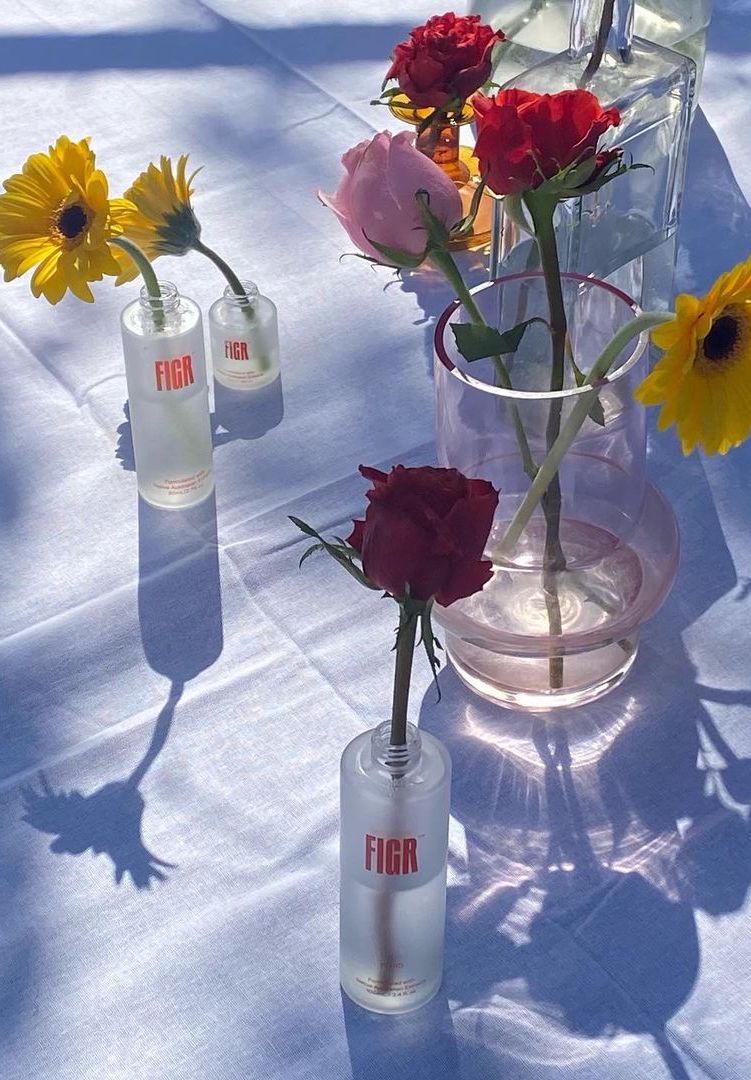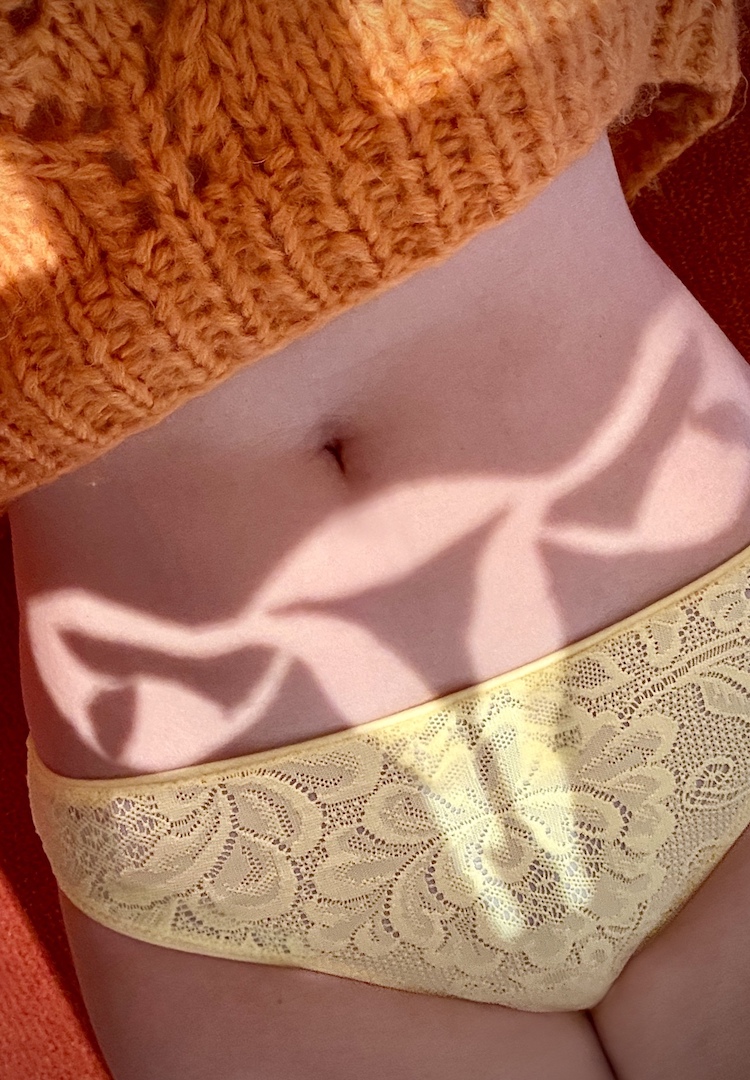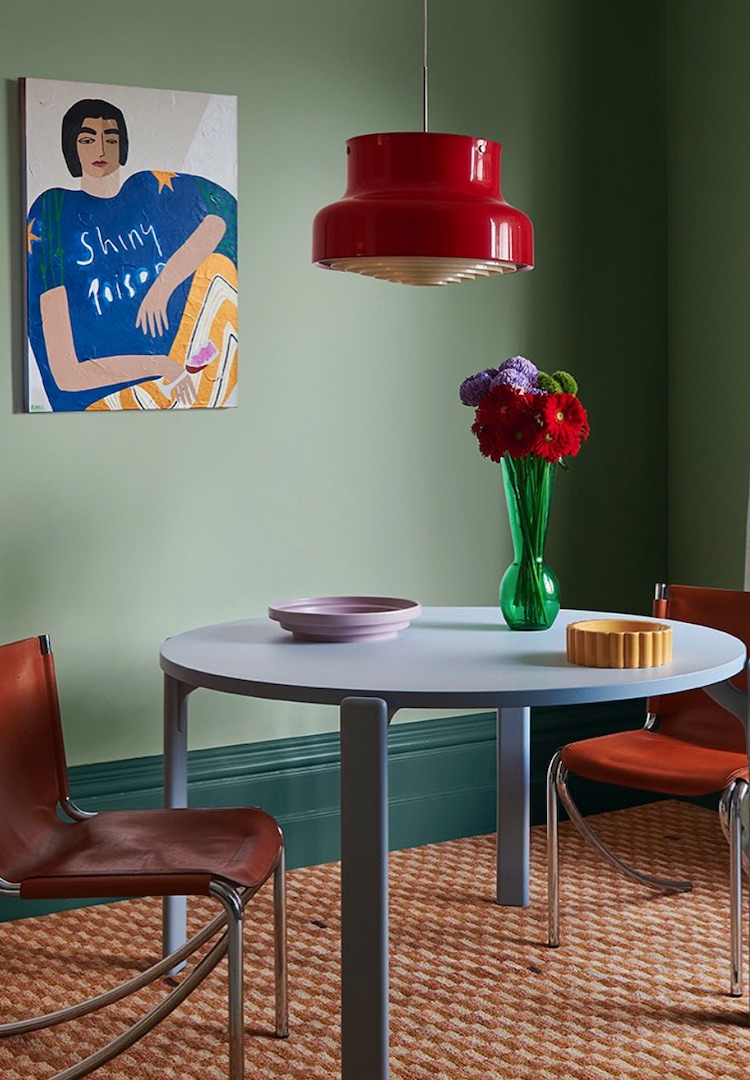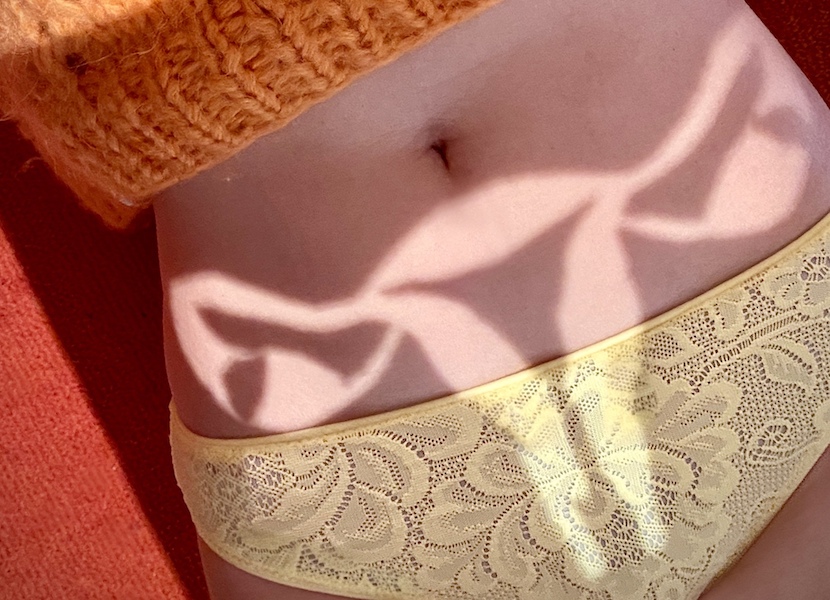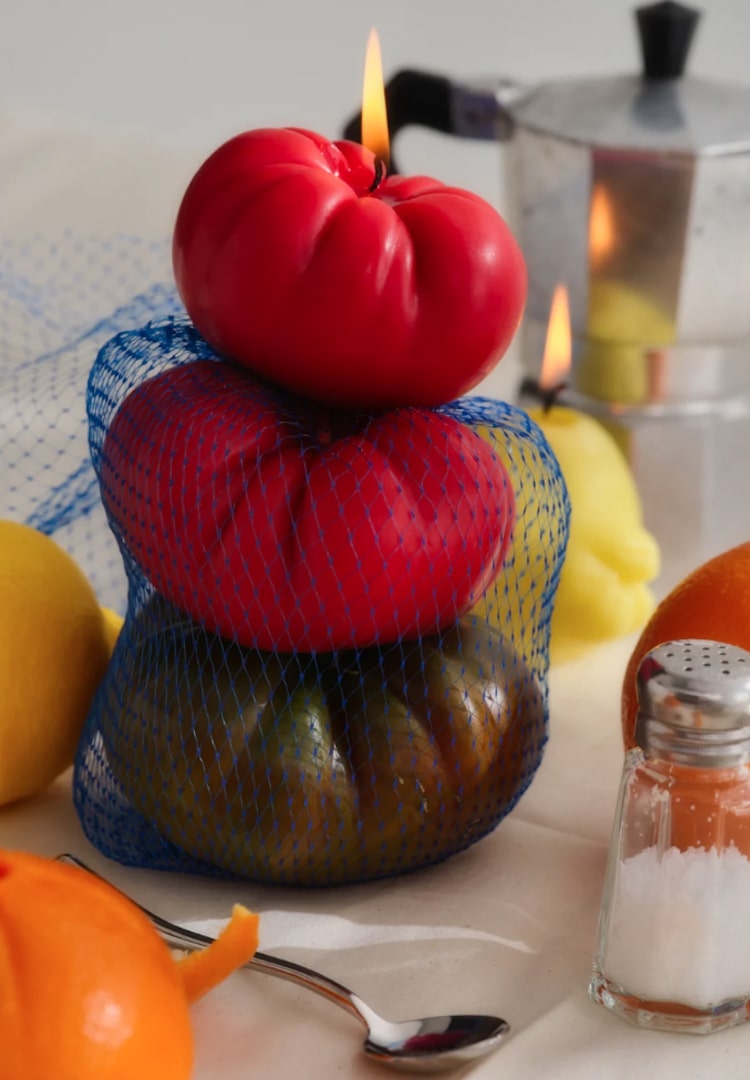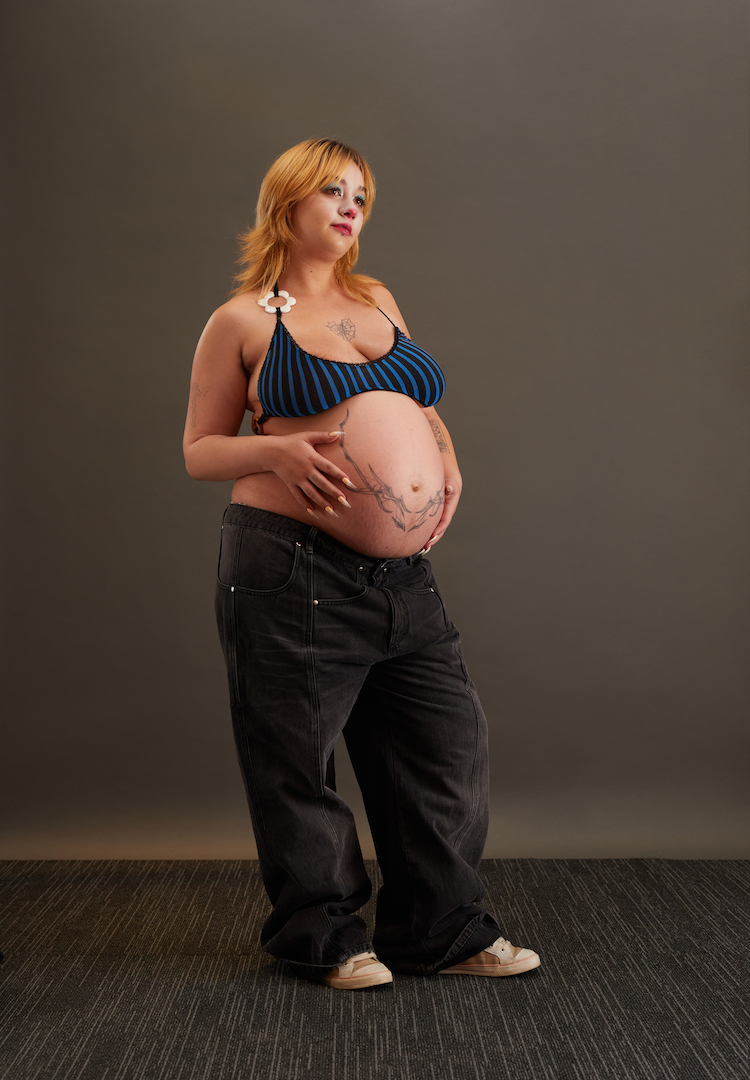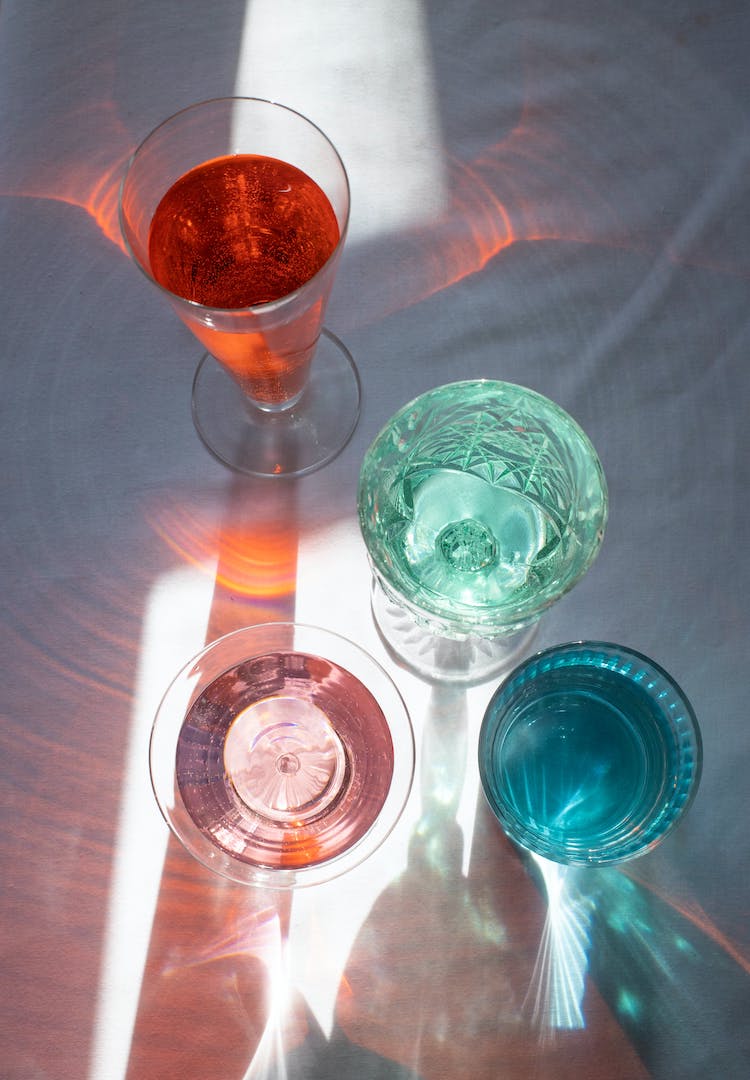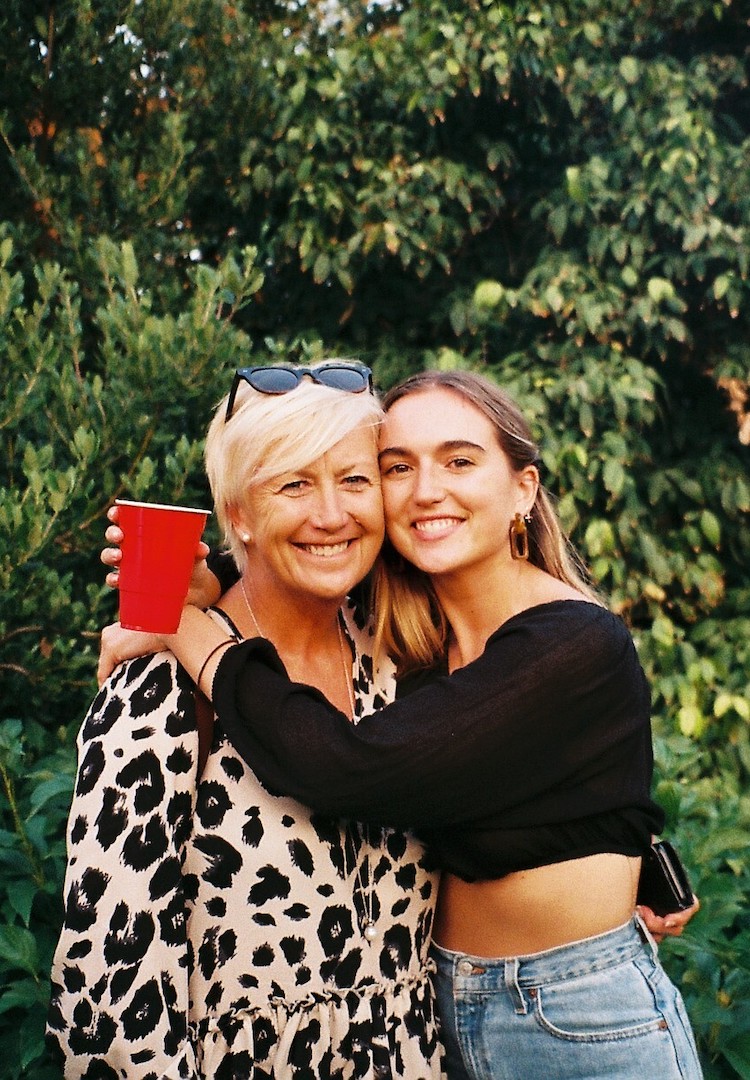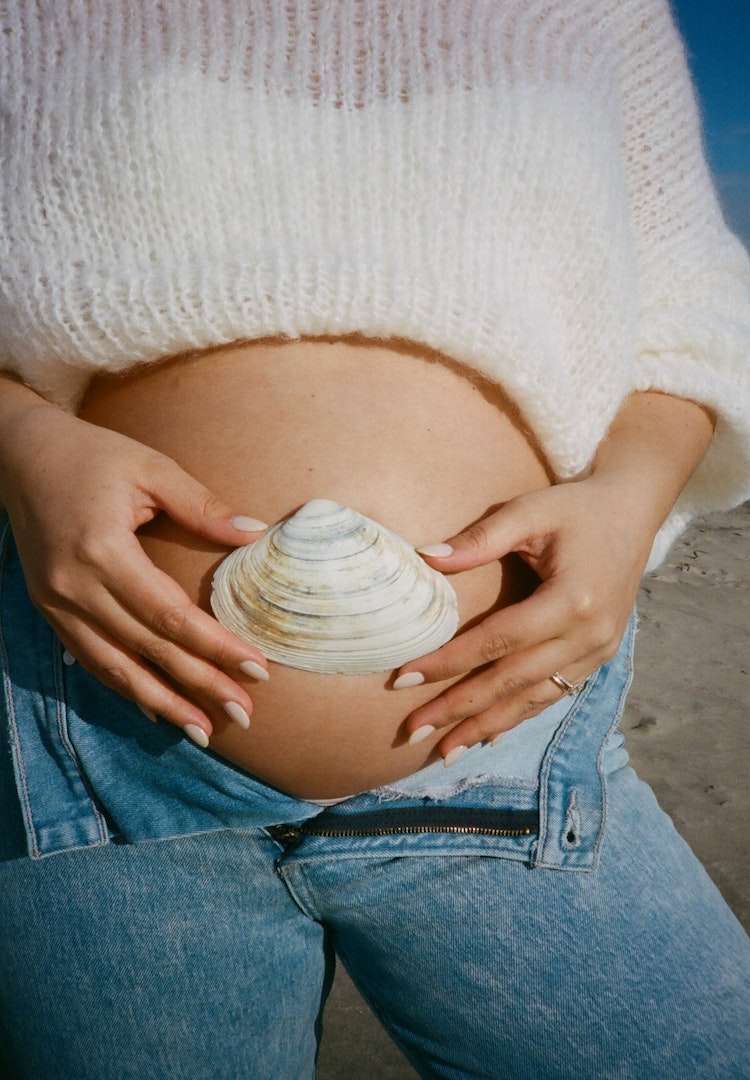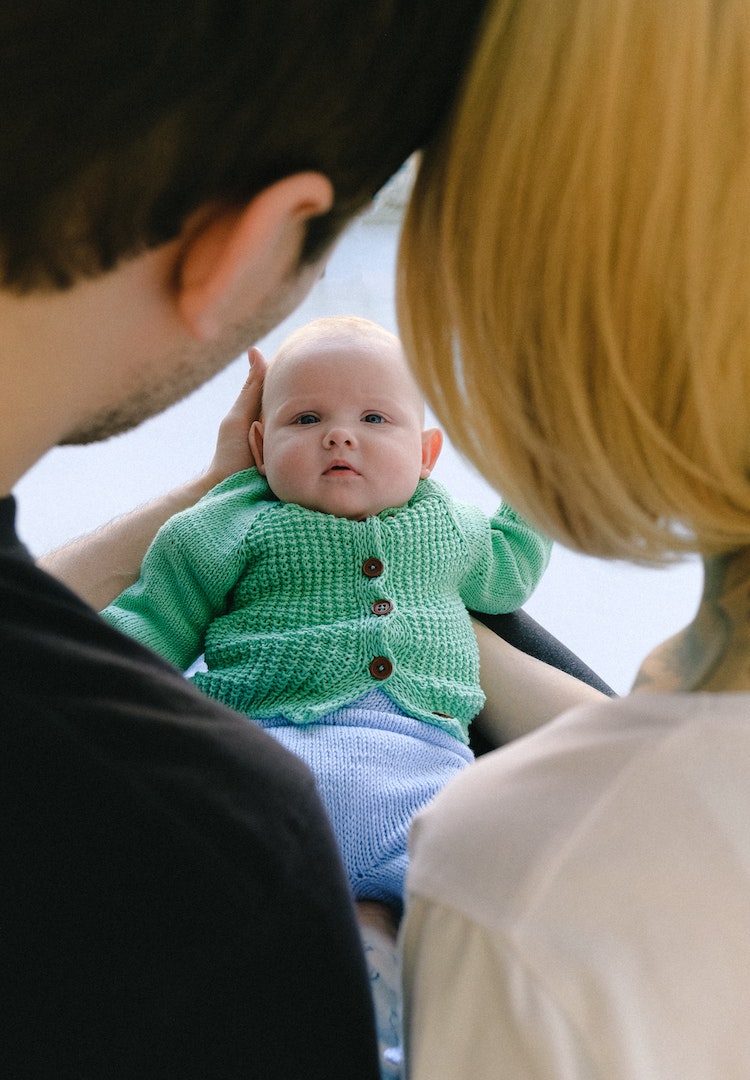After anonymously donating my eggs, I discovered I’m a biological mother
PHOTOGRAPHY AND WORDS BY SHOSHANAH WALL
“Since learning a baby was born from my egg, a part of me feels lighter. Something primal in me has relaxed.”
Until recently, my social media feeds cascaded with snapshots of drunken weekends. Now, they’re filled with milk-drunk babies. It feels like parenthood has suddenly engulfed almost everyone I know.
Although a common life milestone, I only seem willing to observe motherhood as a circumspect bystander. I’ve never wanted children, which is strange, considering I recently discovered I have a biological daughter.
Interested to hear how others navigate the world? Head to our Life section.
I anonymously donated my eggs, resulting in the birth of a baby girl. I may never meet her, and it’s unlikely I will ever know her, but she exists – a stranger in my skin. I hold no feelings of ownership towards this child. How could I? It left my body as a single cell.
Knowledge of her existence did, however, pique my curiosity. The narcissist in me wanted to witness my genetic makeup painted onto a fresh canvas; to learn how my DNA had been transmuted, like watching the screen adaptation of a novel you’ve read cover-to-cover a hundred times.
More than curiosity, I felt relief. Relief for the recipient, but also myself: I was fertile. I felt validated as a biological woman with a womb. I left the clinic with a swagger, radiating Big Ovaries Energy. This reaction both bemused and frustrated me. Why was I allowing this to define me? Why did relief and validation flood through me when kids aren’t part of my plan?
In almost every society, fertility is celebrated and revered. It impregnates religion, philosophy and mythology, art and literature, as well as traditions and laws. Unfortunately, many societies – past and present – consider fertility and the worth of a woman as equal.
While female fertility has been favoured and rewarded, infertility, on the other hand, has been stigmatised in almost every historical context. In medieval Japan, childless women of the aristocracy were “considered with disdain” while in some parts of medieval Europe, women were stripped of their inheritance because of it.
In an attempt to provide a male heir, King Henry VIII was free to discard four of his six wives (even though it was Henry who likely had fertility issues). Nineteenth-century French colonial doctors blamed promiscuity as a leading cause of high infertility rates among Vietnamese women, rather than their poor living conditions.
And today, in Iran – where women’s rights are severely curtailed – Article Eight of the Family Protection Act introduced in 1974 deems infertility as a reasonable ground for divorce for either partner, which could be seen as an indication of how negatively childlessness is observed.
Perhaps (in)fertility felt so central to my identity because it sprung from thousands of years of gendered distillation. By participating in IVF, this well-established issue was simply ushered under the microscope.
In The Palgrave Handbook of Infertility Throughout History, author Tracey Loughran makes a compelling point about IVF and the blame for childlessness mostly befalling women: “Because IVF is a technology that intervenes on women’s bodies, it also reinforces the focus on how women’s reproductive systems might ‘fail’.”
Loughran’s comment particularly resonates when you consider that infertility issues in men are almost as common as they are in women (9 and 11 per cent respectively, according to a study in the US).
In my twenties, if the topic of my not wanting children arose, people somehow ‘knew better’ and assured me I’d reconsider. Now, child-free in my thirties – and edging towards the juncture where any subsequent pregnancy would be medically termed geriatric –their condescension is replaced with pity.
In another decade, I predict they’ll observe me with the kind of disappointed reverence you give an endangered species. I’ll await the inevitable question: “Do you regret not having children?”
I may have regrets. I grapple with this fact as my biological clock begins its strident countdown. But that sinking sensation in the pit of your stomach, like your insides are caught in a maelstrom, could also consume me if I had children – the main difference is the question of regret wouldn’t be asked.
I don’t blame people for regarding my child-free resolve as inconceivable. This lack of understanding likely comes from an innate desire to sow our seeds, and failure to do so means carrying it around like a stone.
Admittedly, since learning a baby was born from my egg, a part of me feels lighter. Something primal in me has relaxed. I had performed my biological ‘duty’ of perpetuating my genes. An element of me, in theory, will live on after I die – an imitation of immortality.
From what I gather, the maternal ache is almost as visceral as thirst. People with uteruses will put their bodies through taxing procedures to achieve a baby, even with the odds stacked against them. For Australian women under 30, the success rate of IVF (i.e. a live birth) is only 34.9 per cent. This decreases to 8.7 per cent for women over 40.
IVF is incredibly invasive. Daily needles pumped me full of hormones – sharp visits leaving behind blurry bruises. Transvaginal ultrasound devices surveyed the internal curves of my female anatomy, on four occasions. Then the final invasion: a giant needle piercing my vaginal wall to extract my artificially swollen eggs.
I was warned by the compulsory IVF-prescribed therapist that, post-donation, I may suffer some regret (a running theme?). I’ve not felt regret but did have the realisation I contributed to a system not accessible to everyone. IVF costs tens of thousands of dollars and, in many countries, it’s not subsidised. In Australia, until 2008, there were laws preventing same-sex couples from seeking fertility treatment.
In Western countries, the demographic who mostly benefit from IVF are affluent, White, heterosexual women. Their stories are granted the loudest voice, across all mediums, asserting infertility as a predominantly White issue. Studies in the US, UK and Australia reveal the opposite is true: Indigenous women and WOC struggle with fertility-related issues up to twice as much as White women.
Regardless of their (likely) privilege, it’s heartwarming to think I might have made a positive impact on someone’s life. I also hope my experience helps highlight that, just as there is more than one way to identify as female, there’s more than one way for womankind to enjoy motherhood. For me, it was sharing my mitochondria.
This article was originally published on October 28, 2020.
For more on infertility, head here.

